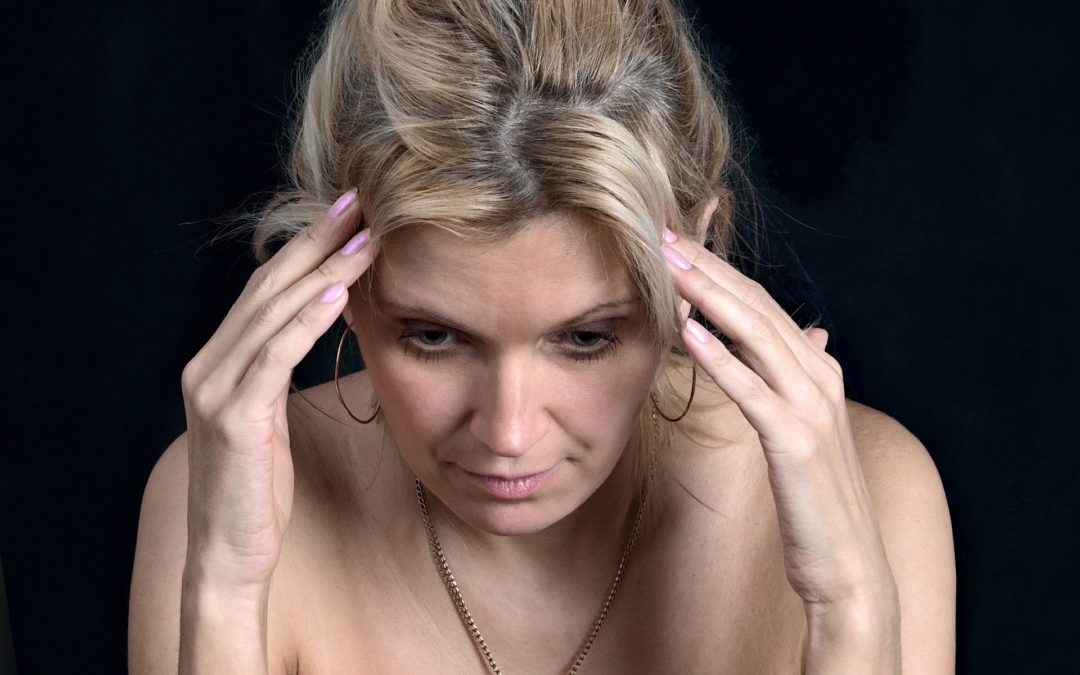What Are Tension Headaches?
According to WebMD, tension headaches are dull pain, tightness, or pressure around your forehead or the back of your head and neck. They’re also called stress headaches and they’re the most common type for adults. There are two types:
- Episodic tension headaches happen fewer than 15 days per month.
- Chronic tension headaches happen more than 15 days a month.
These headaches can last 30 minutes to a few days. The episodic kind usually starts slowly, often in the middle of the day.
Chronic ones come and go over a longer period of time. The pain may get stronger or ease up through the day, but it’s almost always there. Although your head hurts, tension headaches usually don’t keep you from your daily activities, and they don’t affect your vision, balance, or strength.
Where does it hurt?
This type of headache can:
- Start at the back of your head and spread forward
- Become a band of dull pressure or squeezing pain around your entire head
- Affect both sides of your head equally
- Make the muscles in your neck, shoulders, and jaw feel tight and sore
There’s no single cause of tension headaches but some people get them because of tight muscles in the back of the neck and scalp.
Tension headache triggers
Most of the time, tension headaches are triggered by stress. Episodic ones are usually set off by a single stressful situation or a buildup of stress. Daily stress can lead to the chronic kind.
Tension headache triggers may include:
- Not enough rest
- Poor posture
- Emotional or mental stress, including depression
- Anxiety
- Fatigue
- Hunger
- Low iron levels
- Alcohol
- Caffeine (or caffeine withdrawal)
- Jaw or dental problems
- Straining your eyes
- Dehydration
- Skipping meals
- Smoking
- A cold, the flu, or a sinus infection
When clients contact me because they’re getting frequent headaches, I often recommend a combination treatment of Reflexology and Indian Head Massage. The deeply relaxing and therapeutic benefits of Reflexology can release tension, improve your mood, create a feeling of well-being and promote relaxation. Indian Head Massage can ease out neck, shoulder and scalp tension and improve circulation, so the two combined may not only ease a tension headache at the time, but over time reduce the number of episodes you have.
If you’d like to find out more about how complementary therapy may help with your tension headaches, please get in touch sue@leedshealing.co.uk.


Recent Comments